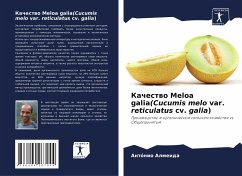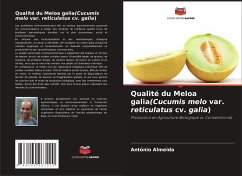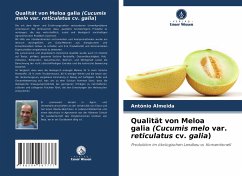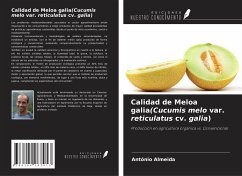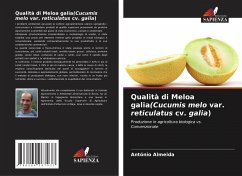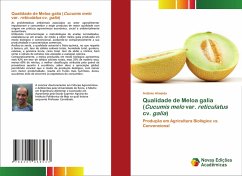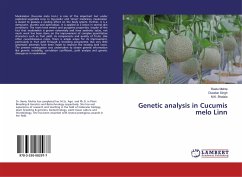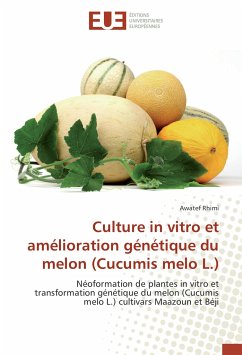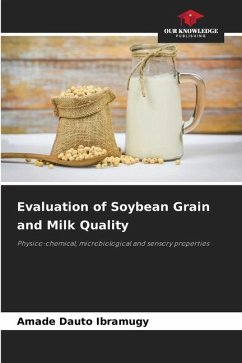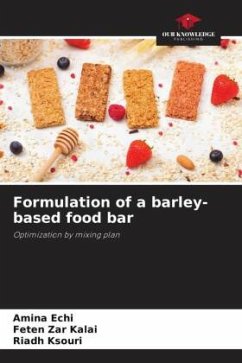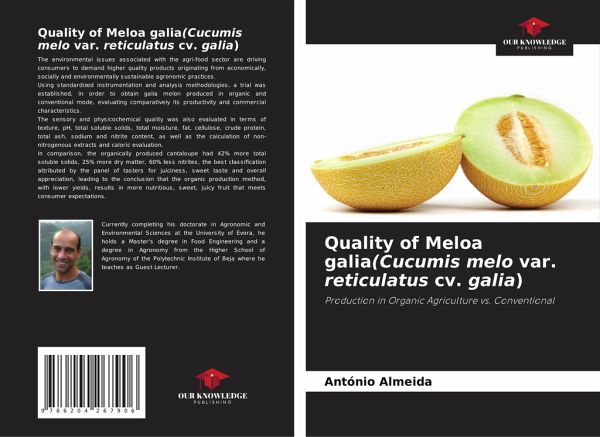
Quality of Meloa galia(Cucumis melo var. reticulatus cv. galia)
Production in Organic Agriculture vs. Conventional
Versandkostenfrei!
Versandfertig in 6-10 Tagen
36,99 €
inkl. MwSt.

PAYBACK Punkte
18 °P sammeln!
The environmental issues associated with the agri-food sector are driving consumers to demand higher quality products originating from economically, socially and environmentally sustainable agronomic practices. Using standardized instrumentation and analysis methodologies, a trial was established, in order to obtain galia melon produced in organic and conventional mode, evaluating comparatively its productivity and commercial characteristics. The sensory and physicochemical quality was also evaluated in terms of texture, pH, total soluble solids, total moisture, fat, cellulose, crude protein, ...
The environmental issues associated with the agri-food sector are driving consumers to demand higher quality products originating from economically, socially and environmentally sustainable agronomic practices. Using standardized instrumentation and analysis methodologies, a trial was established, in order to obtain galia melon produced in organic and conventional mode, evaluating comparatively its productivity and commercial characteristics. The sensory and physicochemical quality was also evaluated in terms of texture, pH, total soluble solids, total moisture, fat, cellulose, crude protein, total ash, sodium and nitrite content, as well as the calculation of non-nitrogenous extracts and caloric evaluation. In comparison, the organically produced cantaloupe had 42% more total soluble solids, 25% more dry matter, 60% less nitrites, the best classification attributed by the panel of tasters for juiciness, sweet taste and overall appreciation, leading to the conclusion that the organic production method, with lower yields, results in more nutritious, sweet, juicy fruit that meets consumer expectations.



